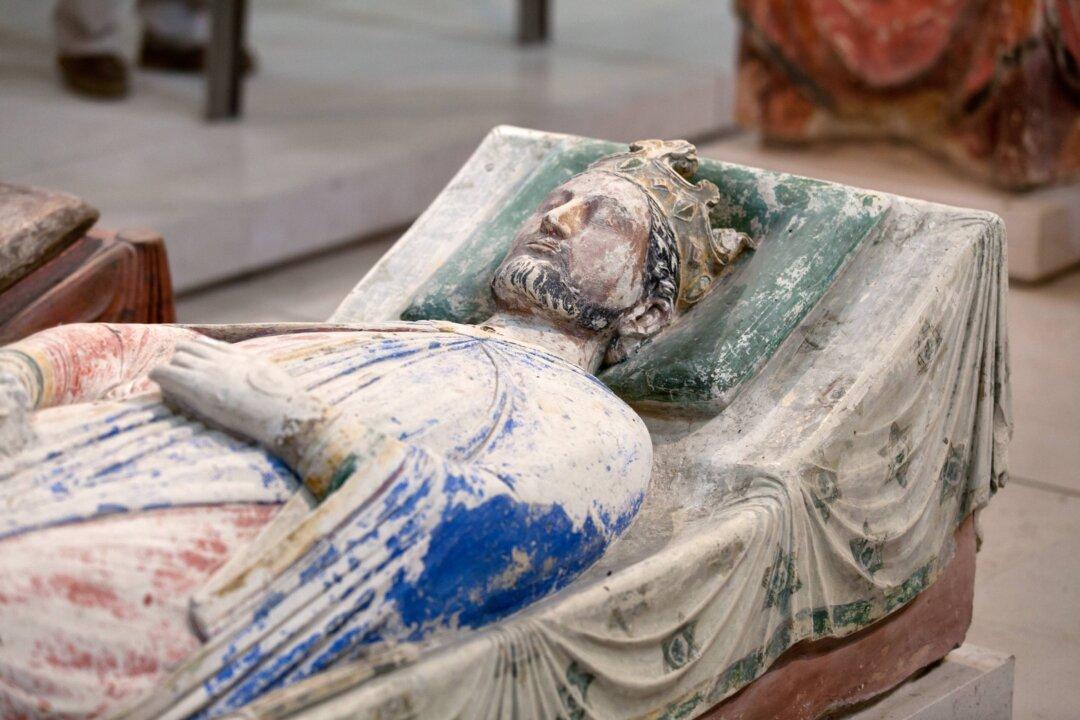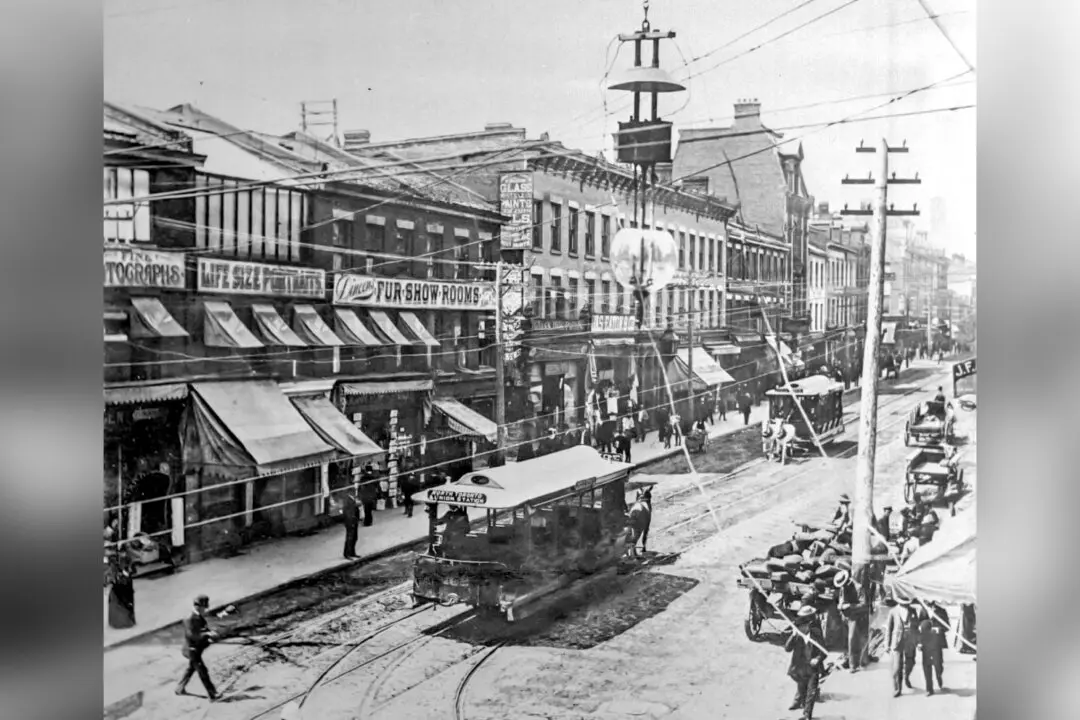Commentary
Richard I of England, known to history as Richard the Lionheart, is the subject of many a romantic legend—a handsome blonde giant of a man, a warrior, a troubadour, crusader, friend of Robin Hood, and elder brother of the wicked Prince John. He is one of the few English monarchs to be known by a flattering nickname instead of a regnal number (Alfred the Great and William the Conqueror are the other exceptions) but, in truth, he was not a good king to his people.





